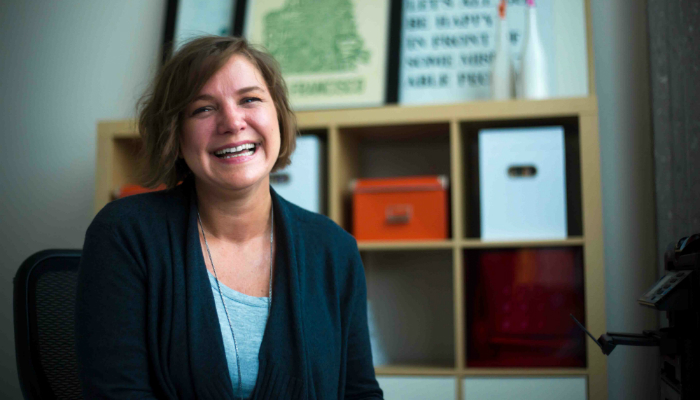
Jennifer Amis is the founder of Statim, an Omaha-based telehealth service provider that provides remote patient monitoring over the Internet, with a particular focus on serving rural communities in western Nebraska. Amis is currently a 2015 Pipeline fellow. SPN caught up with Amis over the phone.
SPN: Telehealth is really hot right now, and there’s a lot of startups popping up in that space. What’s your sense of the trend, and where do you see it going?
JA: The telehealth technologies available today are far ahead of our government, unfortunately. So you still see a lot of products and services available that are not covered by insurance. But the train isn’t stopping. About 15 states now provide coverage for almost all telehealth services. Nebraska passed an amendment to the Telehealth Act in January of 2014. Health and Human Services hasn’t enacted the coverage yet, but I think you’ll see a number of these telehealth services come into play in the first quarter of 2016.
SPN: What makes Statim unique in comparison to your competitors?
JA: Most of the bigger guys in this field, the Honeywells, the Bausches, have really high minimums to offer you proprietary software and hardware. We use a software platform that is device agnostic, and we don’t have any minimums. We also provide back office monitoring that allows hospitals to free up their nurses to focus on in-person care rather than sitting in front of a computer.
SPN: You’ve been a long time entrepreneur, and you lived in a lot of different regions of the world. Why come back to the Midwest?
JA: My favorite question! I was living in Northern California with a small business in branding and product innovation in the wine industry. I’m originally from Nebraska; I grew up in Valley. My parents still live here, and I really wanted to be closer to my parents. When I came back I found this amazing startup community I had no idea was here.
The Midwest is the ideal spot to start a business because the quality of life is so high and the cost of living is so low. And you’re also perfectly located in the middle of the country. On top of that, Nebraska is a fairly rich state, and Midwesterners tend to genuinely want to support entrepreneurs. So not only do you get this community of educated and experienced business people, there’s also a really nice network of angels and access to capital.
SPN: As someone who already has a lot of business experience, why would you join something like Pipeline?
JA: You know, I never studied business. I was a History and Government major, and I never went to business school. I almost went to NYU for their Executive MBA program, but then I thought my job would take up too much of time. When I came home [to Nebraska], I met all these entrepreneurs and Pipeline was floated to me by Luis [Lopez]. I looked into it, and I thought this would be perfect because I felt like it would fill in the gaps I’m missing from formal business education, but I still get to focus 100% on my business.
I knew there were weaknesses in my business model, and I needed really smart, experienced business people to help me sit down and work through those issues. What I did not anticipate is that I would get this amazing group of people. Pipeline is really a family. It’s a hard program, but it’s made me infinitely smarter. I’m still pinching myself that I’m in the program.
SPN: Who do you think would really benefit from Pipeline?
JA: One of the things I’ve seen in the Pipeline family is that there is very little ego. These are individuals who are genuinely driven to provide a service or create a product that enriches people’s lives. They really want to create and produce something. Pipeline has a really rigorous application process, and that’s because the business is important, but it’s ultimately about the human being. It’s about the person.
—
Pipeline applications for 2016 are due by October 21st. Apply here.




